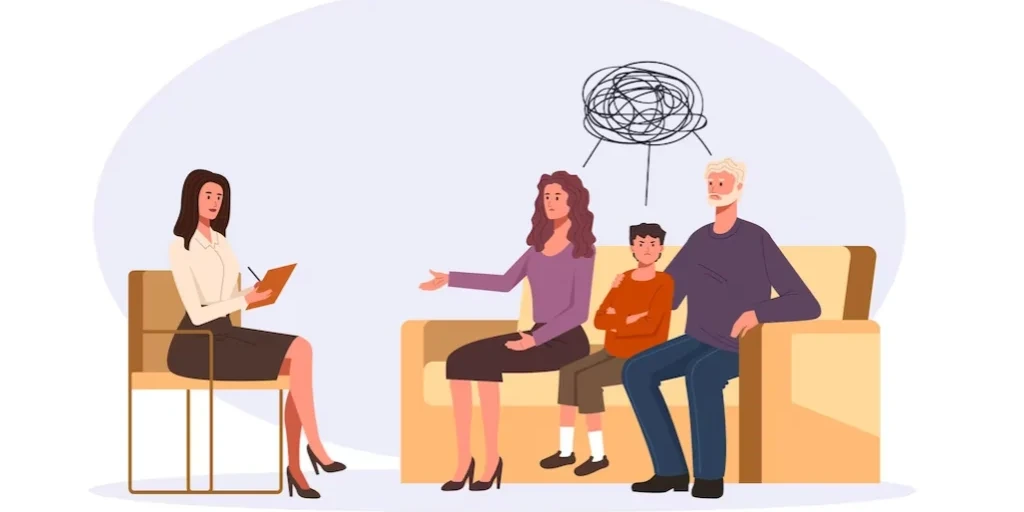24/7 Helpline:
(866) 899-221924/7 Helpline:
(866) 899-2219
Learn more about PTSD Treatment centers in Ivy
PTSD Treatment in Other Cities

Other Insurance Options

Cigna

Optum

AllWell

Health Net

Amerigroup

Oxford

Ceridian

Magellan

Sutter

BlueCross

WellCare Health Plans

Magellan Health

Private insurance

Multiplan

Holman Group

PHCS Network

UnitedHealth Group

BlueShield

Kaiser Permanente

Coventry Health Care





























































































































Region Ten Community Services Board – Crozet
Region Ten Community Services Board is a non-profit rehab located in Crozet, VA. Region Ten Communit...




































































